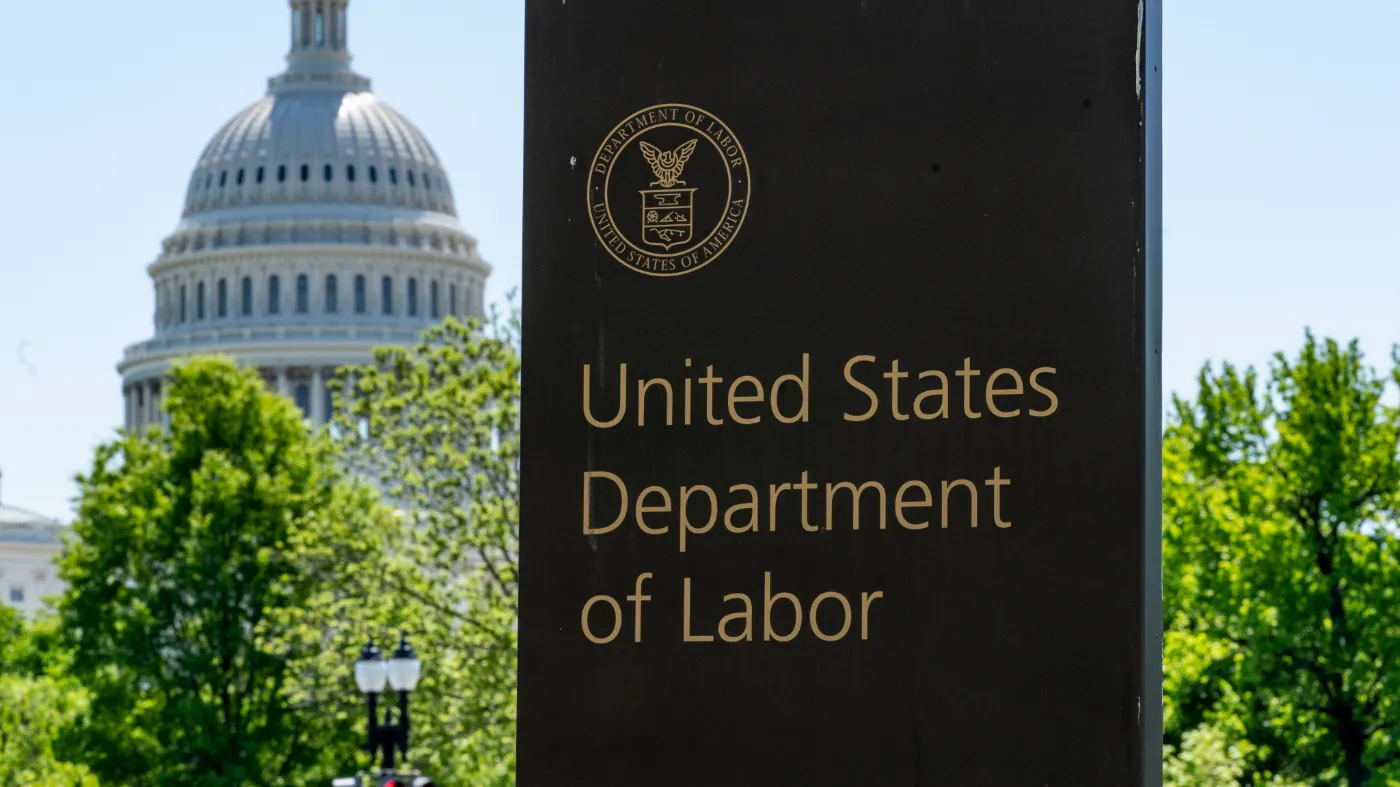The Labor Department's Fiduciary Rule: Impeding Access to Investment Advice

The Labor Department's Fiduciary Rule: Impeding Access to Investment Advice
The Labor Department's fiduciary rule may hinder financial advice access for many Americans. This rule, undermined by past failures, threatens to leave low- and middle-income individuals without adequate support for retirement savings.
Understanding the Fiduciary Rule
The Labor Department has imposed the fiduciary rule for 14 years, as it insists on ensuring that financial advisors act in clients’ best interests. But does this approach truly serve its purpose?
Investment Advice Models
- Brokerage Model: Assistance provided for a commission on sales and purchases.
- Advisory Model: Advice provided for a fee, often requiring high asset minimums.
This stringent focus on the advisory model could potentially alienate those needing guidance the most.
Past Lessons and Current Impacts
- In 2016, a similar fiduciary rule limited brokerage access, affecting over 10 million accounts.
- Research indicates reinstating this rule could lead to significant savings losses for individuals earning under $100,000.
The ramifications of these policies predominantly affect low- and middle-income Americans, furthering the existing wealth gap.
Conclusion: A Call for Better Policies
Policymakers must prioritize expanding access to financial services rather than restricting it. Supporting regulations that cut off financial advice only exacerbates economic disparities and does not promote empowerment.
This article was prepared using information from open sources in accordance with the principles of Ethical Policy. The editorial team is not responsible for absolute accuracy, as it relies on data from the sources referenced.